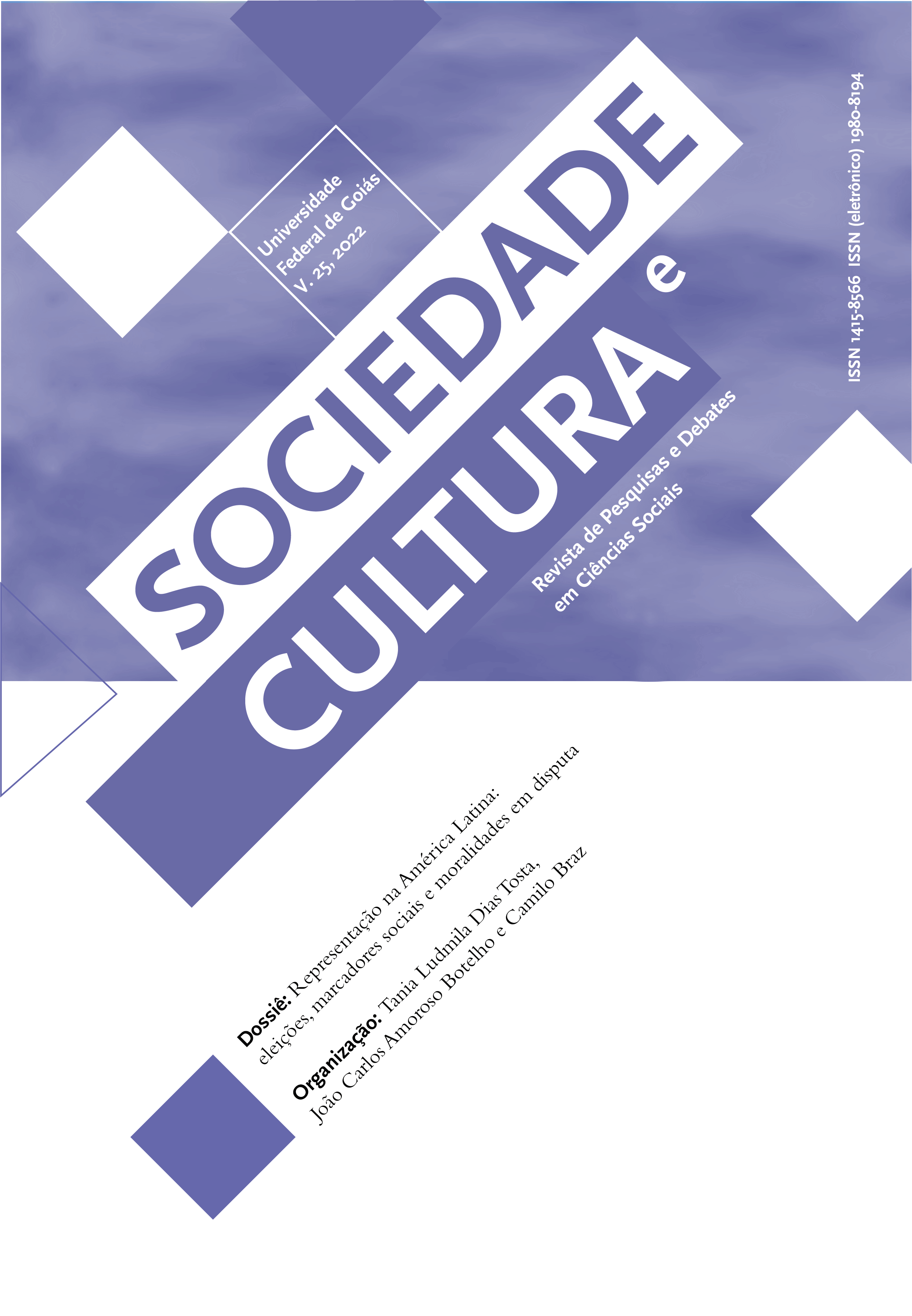Government elections and the fight against fake news in Brazil
DOI:
https://doi.org/10.5216/sec.v25.71036Abstract
This paper discusses the context experienced in the Brazilian elections in 2018, regarding the disclosure of fake news. The objective is to characterize the false information in electronic electoral campaigns, as well as to analyze the position of the voters against misinformation. The documentary search was applied on the 35 false information clarified by the “Tribunal Superior Eleitoral” (TSE) website, as well as the content
analysis of comments made in 14 posts on the TSE Facebook under the Theory of Communicative Action. As result, it was observed that the fake news were a Brazilian concern for this election and were associated with the voting conditions, the legitimacy of electronic voting, and the
calculation of results. The influence of the fake news in the elections was present when considering the public opinion with contrary and favorable positions. This Brazilian experience launches reflections and actions to be considered for the next elections in democratic countries.
Downloads
Downloads
Published
How to Cite
Issue
Section
License
Copyright (c) 2022 Sociedade e Cultura

This work is licensed under a Creative Commons Attribution 4.0 International License.
Authors who publish in this journal agree to the following terms:
- Authors retain the copyright and grant the journal the right of first publication, the work being simultaneously licensed under the Creative Commons Attribution License, which allows the sharing of the work with acknowledgment of authorship and of the initial publication in this journal;
- Authors are authorized to enter into additional contracts separately, for non-exclusive distribution of the version of the work published in this journal (eg, publishing in an institutional repository or as a book chapter), with acknowledgment of authorship and of the initial publication in this journal;
- Authors are allowed and encouraged to post and distribute their work online (eg, in institutional repositories or on their personal page) at any point before or during the editorial process, as this can bring productive change as well as increases the impact and the citation of the published work (see O Efeito do Acesso Livre).



